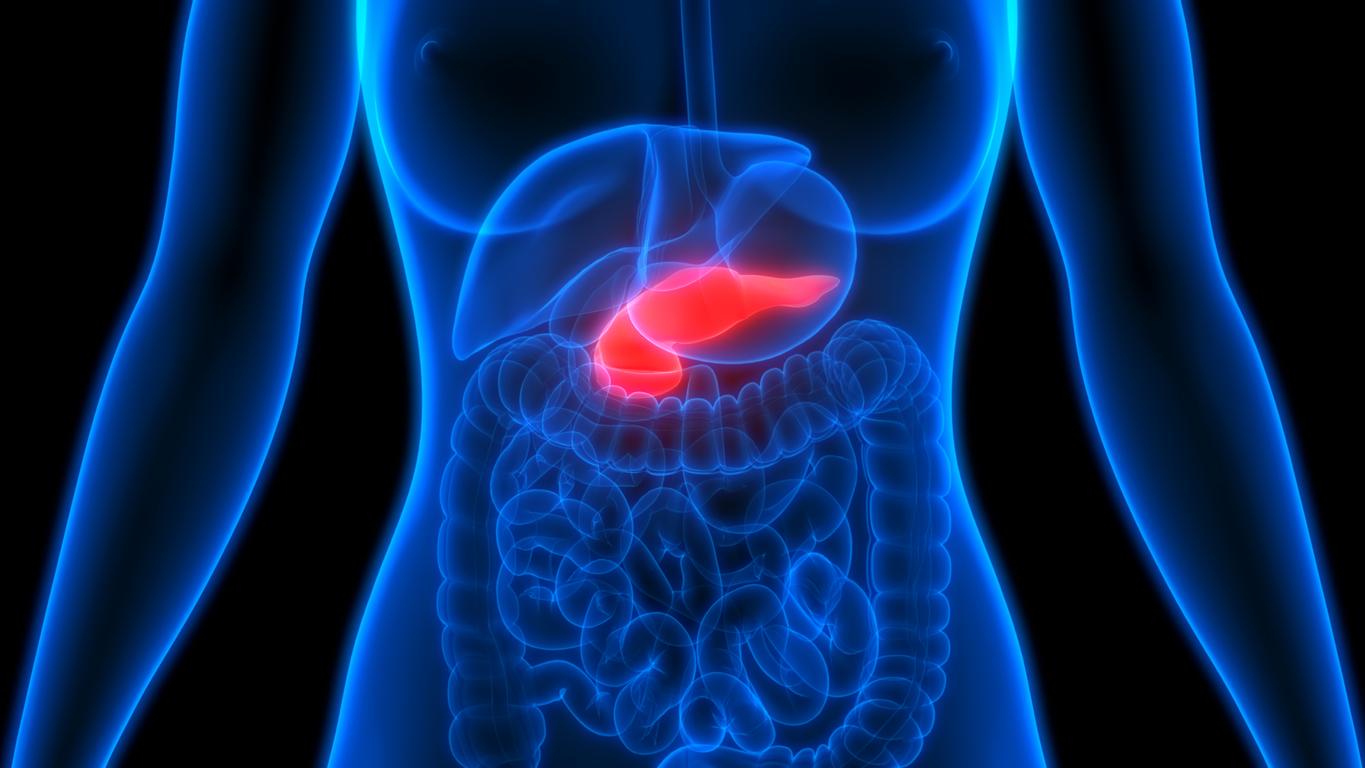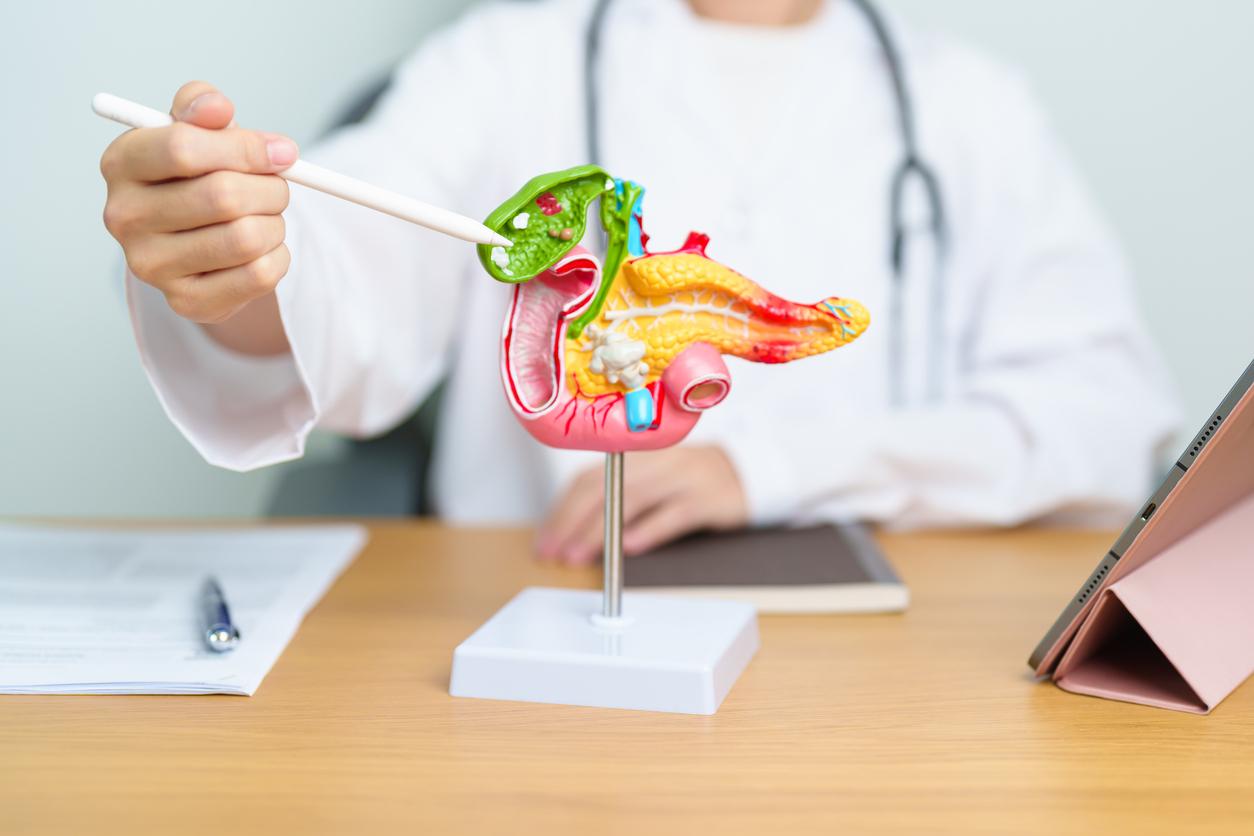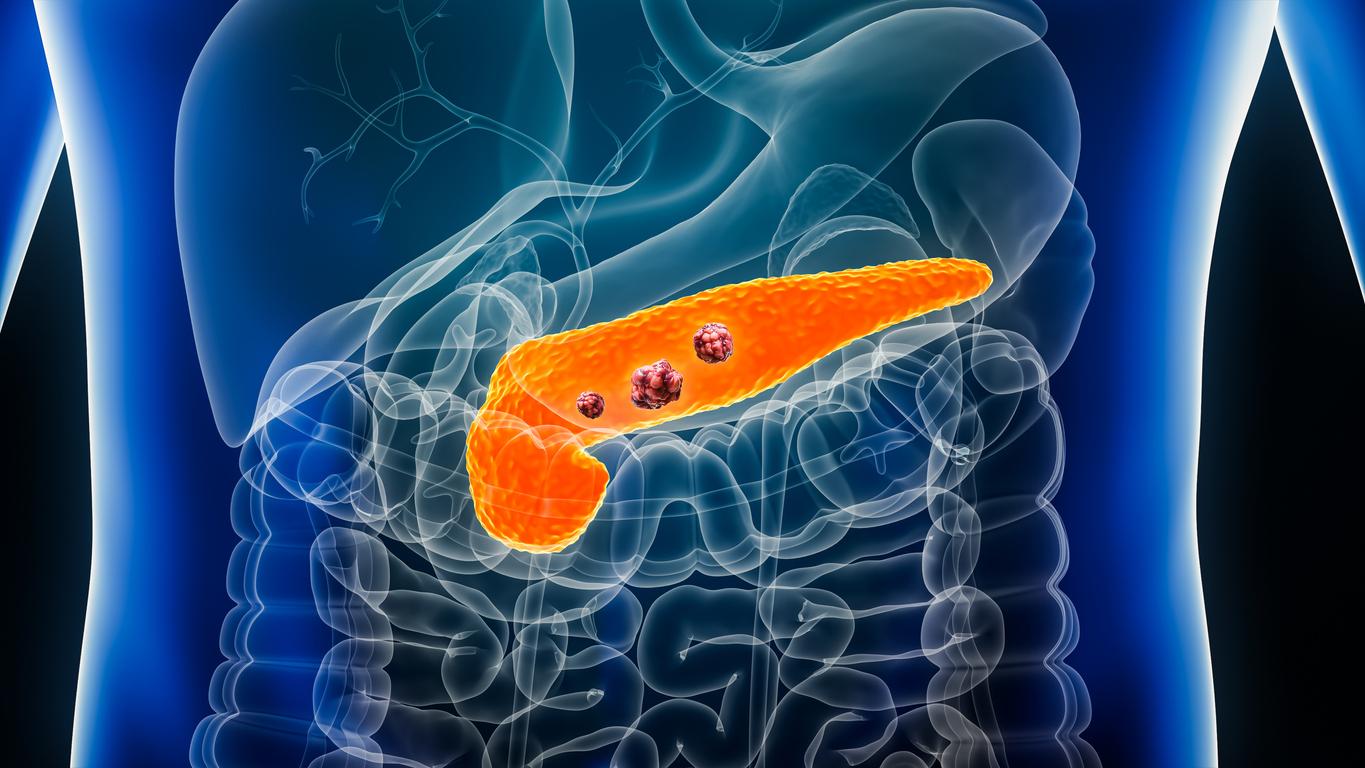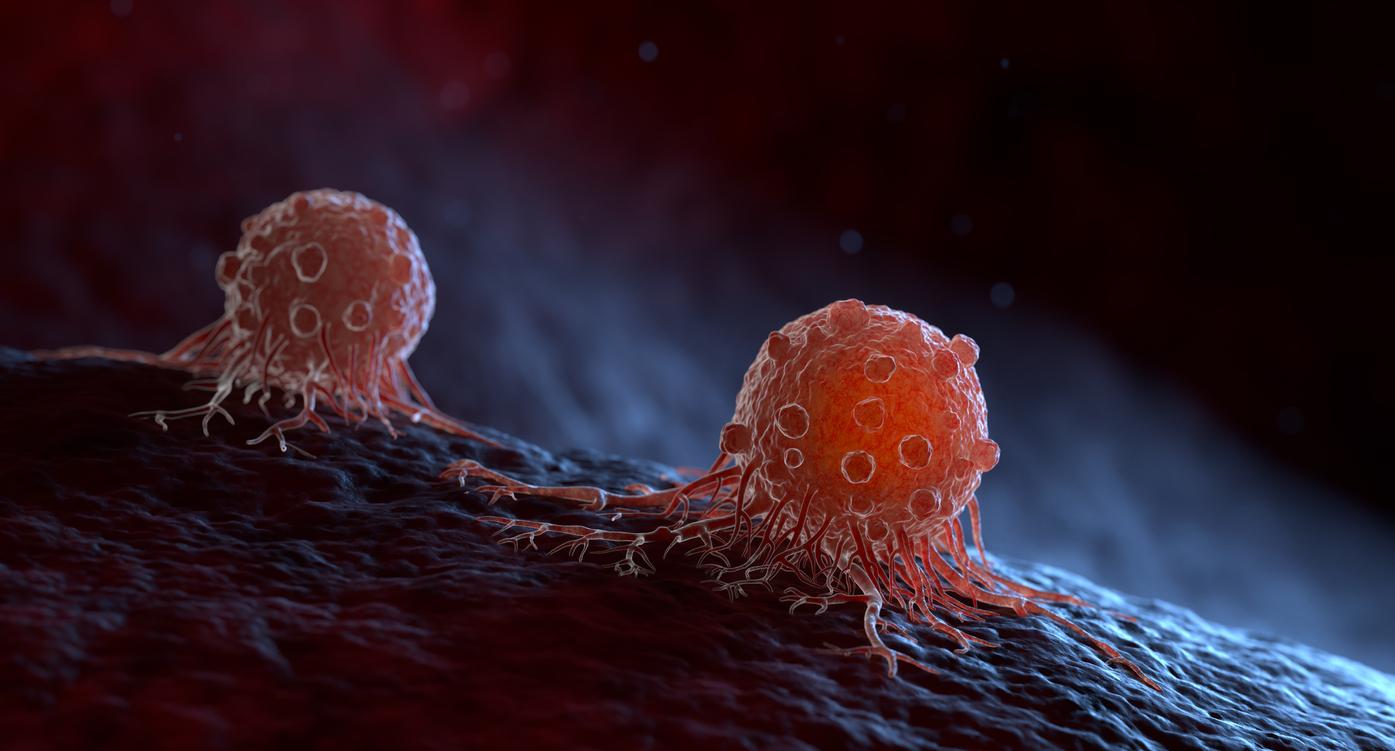While the number of pancreatic cancers continues to increase in France, endocrinologists have discussed the influence of endocrine disruptors on this mysterious phenomenon.
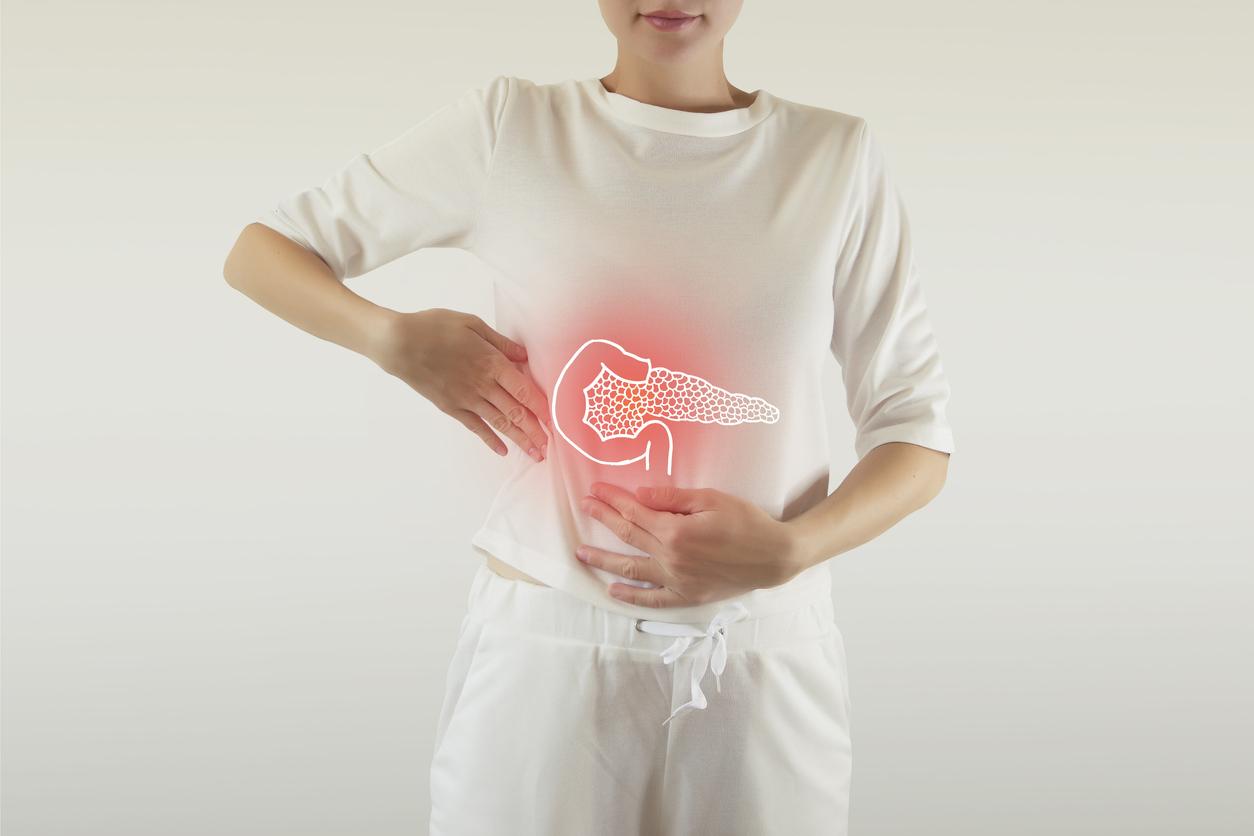
- The incidence of pancreatic cancer is increasing in France.
- This phenomenon is still mysterious.
- Two specialists have noted the absence of a link between the increase in pancreatic cancers and endocrine disruptors.
Is the mysterious increase in the number of pancreatic cancers in France due to the proliferation of endocrine disruptors?
Pancreatic cancer and endocrine disruptors: “the link is completely unknown”
“We, in endocrinology, we talk more about neuroendocrine cancers, because the pancreas is made up of both an exocrine part very rich in enzymes, which will allow us to digest food, and another neuroendocrine part, in which you find in particular the secretion of insulin”, Professor Anne Barlier, geneticist at Marseille University Hospital and president of the French Society of Endocrinology (SFE), first clarified during a press conference. “There is indeed an increase in the incidence of neuroendocrine cancers in France, but honestly, for the moment, the link between this phenomenon and endocrine disruptors is completely unknown,” she explained. “This is a complex question, because it is difficult to distinguish between the increase in the incidence of neuroendocrine cancers and the significant progress made in recent years in imaging and diagnostic means,” she added.
“As a specialist in endocrine disruptors, I can tell you that there is currently no data on pancreatic cancer, even if toxic substances have already been described,” also confirmed Professor Nicolas Chevalier, endocrinologist at Nice University Hospital.
The incidence of pancreatic cancer increases by 3% each year
Pancreatic cancers are increasing in number in the Western world, with the incidence of this disease increasing by 3% each year. “Pancreatic cancer is expected to become the second leading cause of cancer mortality in our countries in the 2030s, after bronchopulmonary cancers,” recently warned Professor Louis de Mestier, doctor in the gastroenterology and hepatology department at Beaujon hospital. “Certainly, the screening tools are better and can explain a small part of the increase in incidence observed. But this element is really in the minority because when the doubling of incidence was recorded between 2000 and 2006 then again between 2006 and 2012, we already had good radiology tools at the time”, also recently clarified Professor Vinciane Rebours, head of the pancreatology and digestive oncology department at Beaujon hospital.
Currently, there is no cure for pancreatic cancer, which is usually diagnosed at an advanced age (around 75 for men and 80 for women).
What are the symptoms of pancreatic cancer?
Several symptoms should alert you and prompt you to consult if they persist over time: a persistent feeling of thirst, dark urine, yellowing of the skin or the whites of the eyes, difficulty swallowing, diarrhea, nausea, vomiting, indigestion, swelling or pain in the abdomen, weight loss, constipation, bloating, gas, heartburn, fever, fatigue, loss of appetite, itching, tremors, swelling of the legs, a feeling of fullness after a light meal, greasy stools (steatorrhea) or even back pain.








